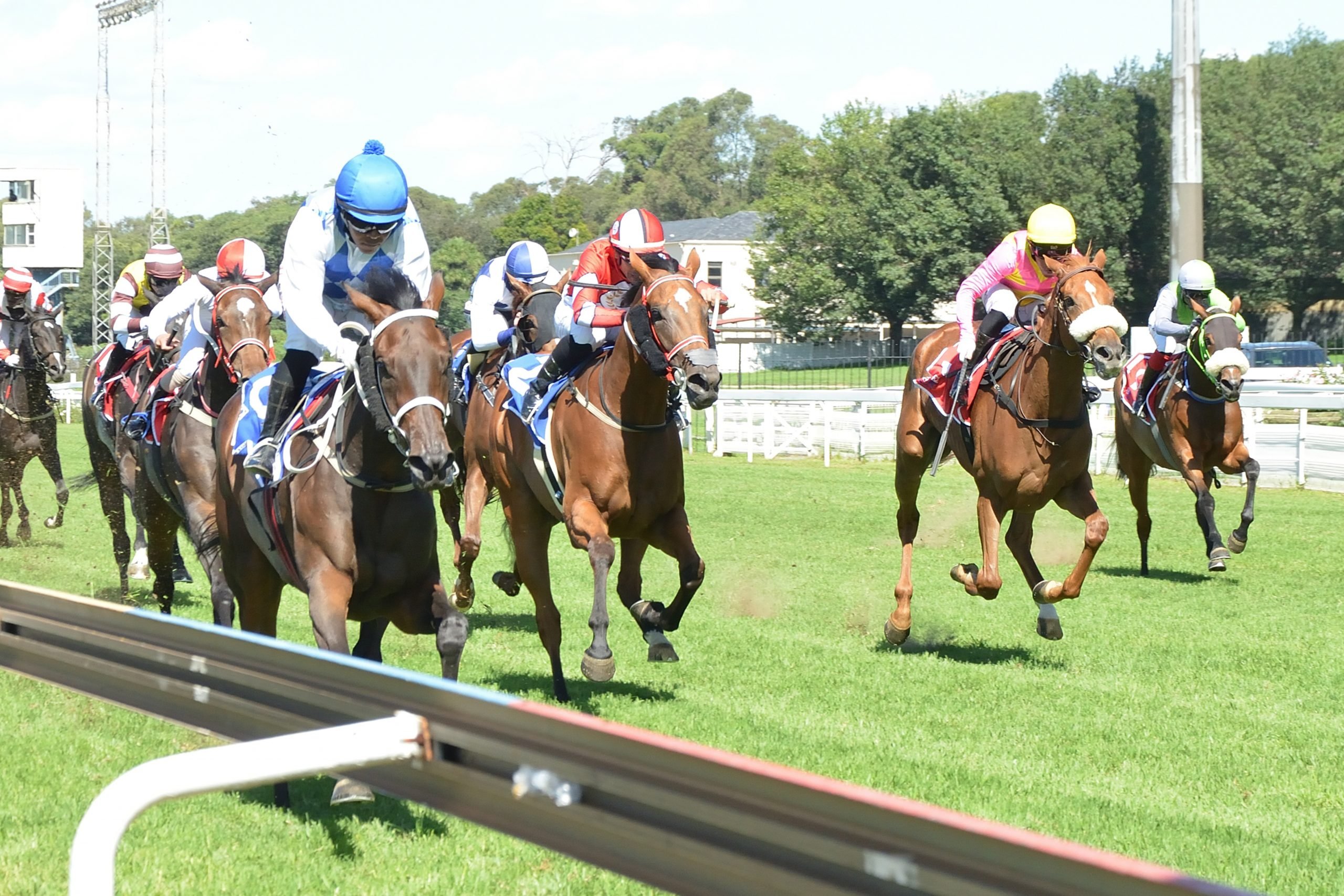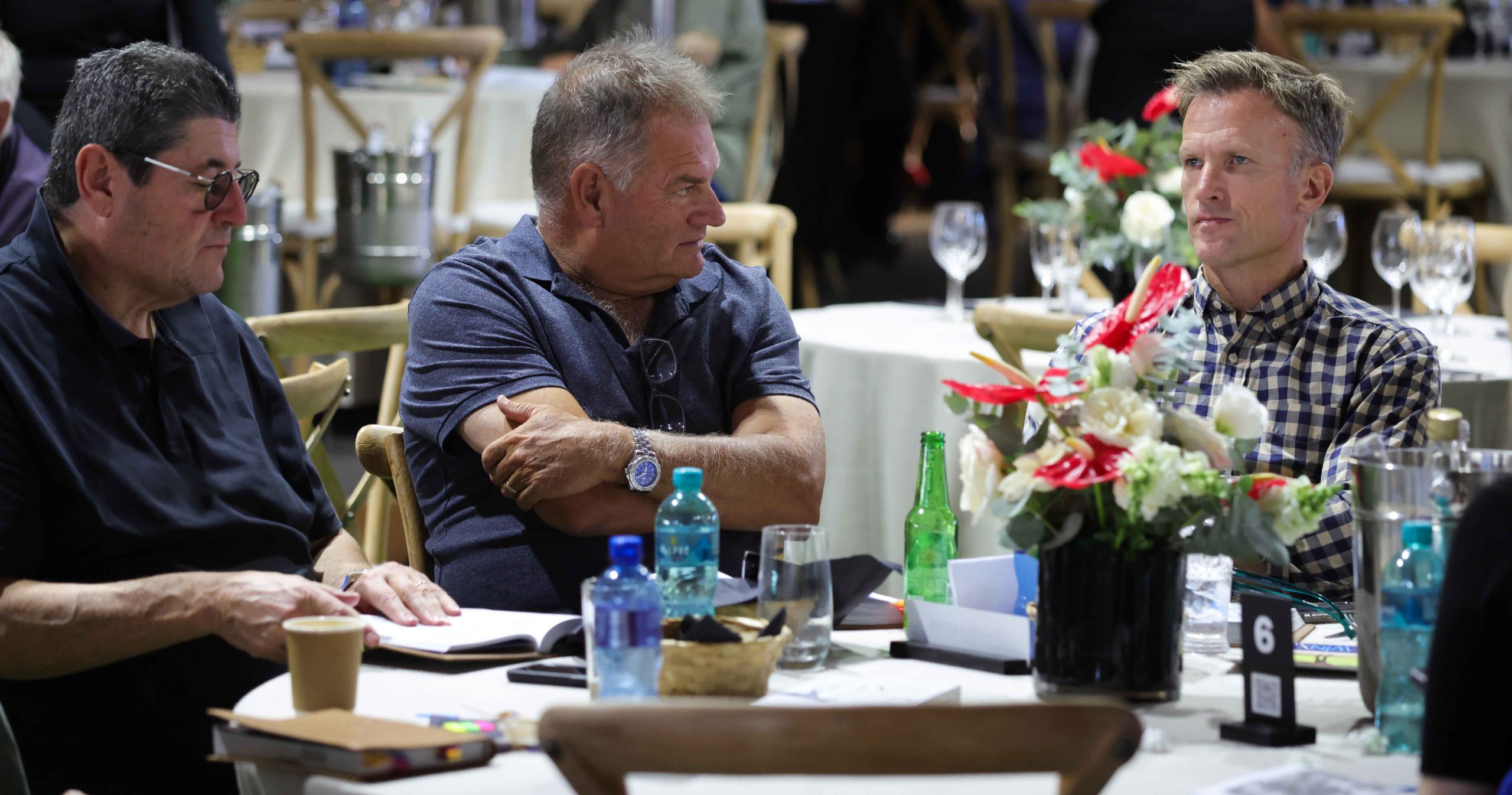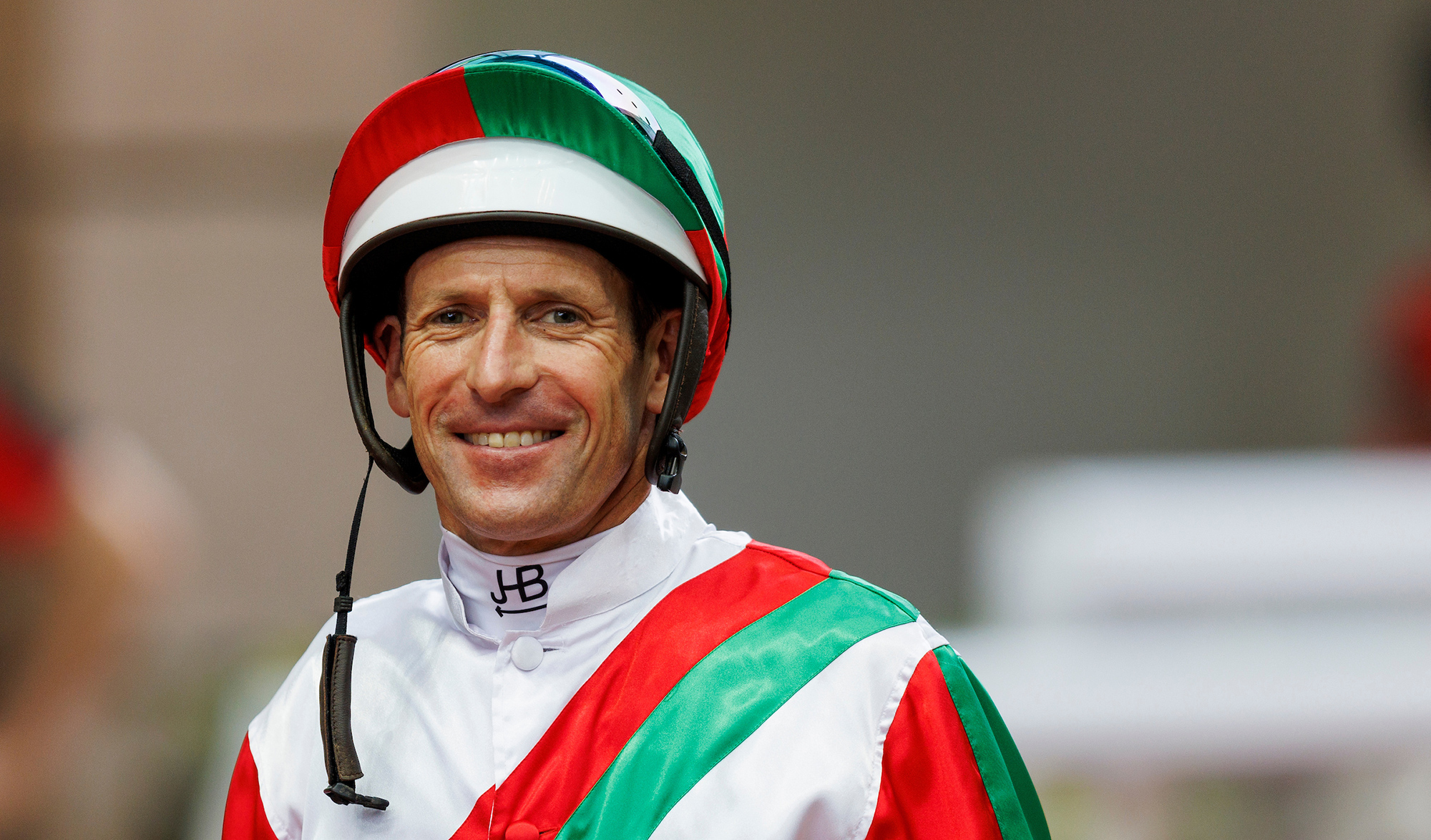
Henry Cecil
Sir Henry Cecil, who has died of cancer aged 70, was one of the most successful and popular racehorse trainers of the past century. His tally of 25 classic winners is unsurpassed since 1900, while his achievement in becoming champion trainer 10 times has been bettered only once. In 2012 his career was crowned by his training of the “wonder horse” Frankel, regarded by many as the best racehorse worldwide of the past 40 years, writes Julian Wilson in the Guardian
Cecil’s effete, theatrical manner might have suggested an artistic lifestyle rather than a role in a competitive, cut-throat sport, but single-minded ambition enabled him to succeed. At his peak, in the 1980s, he trained 220 horses, in two stables, for many of the world’s most distinguished owners, including Sheikh Mohammed bin Rashid al Maktoum and Prince Khalid Abdullah. But his career was overshadowed and almost destroyed by a catalogue of controversies, personal catastrophes and social misjudgments.
His home and stables, at Warren Place, Newmarket, were acquired through his marriage in 1966 to Julie Murless, daughter of the legendary trainer Sir Noel Murless. They were a formidable team. In 1990 Cecil won his ninth trainer’s title, but that season saw his life, and career, begin to unravel. His affair with and subsequent marriage to the former stable girl Natalie Payne, 24 years his junior, brought about the gradual disintegration of all that had been built up in the past 25 years.
Following their divorce, Julie set up her own training business elsewhere in Newmarket. Many of the most valued staff left Warren Place, some to join Julie, while many key owners, notably Lord Howard de Walden, moved their horses elsewhere. The hammer blow came in 1995 when Sheikh Mohammed removed his entire string, with thinly veiled comments indicating his dissatisfaction with the new Mrs Cecil’s involvement. By 2005, by which time the second marriage had been dissolved, and Cecil’s heavy drinking had led to a five-year drink-driving ban, he was training just 56 horses, 22 of which were owned by the ever-loyal Prince Khalid.
But Cecil never forfeited his popularity with the racing public and the last years of his life brought about a remarkable transformation in his fortunes.
Cecil was born in Aberdeen, with a twin brother, David. He also had two older brothers. Their mother, Rohays, was the daughter of a baronet, their father, also Henry, the younger brother of Lord Amherst of Hackney and a descendant of the earls of Exeter. Just two weeks before the twins’ birth, their father was killed in action with the Parachute Regiment in North Africa.
The widowed Rohays moved from her family home, Crathes Castle near the banks of the River Dee, to Wickhambrook, near Newmarket, where her late husband had been given a house and farm by his brother. There she met the distinguished Irish-born racehorse trainer Captain Cecil Boyd-Rochfort, who had bought the Freemason Lodge stables in Newmarket 20 years earlier after a distinguished war in the Scots Guards, and whose success resulted in his appointment as royal trainer in 1943. Within the year, Rohays had married the 57-year-old bachelor, who became the boys’ rather austere stepfather.
Despite his racing pedigree, and the immediate proximity of a successful racing stable, Cecil showed little interest in racing during his schooldays at Canford school, Dorset. On leaving school, with no career in mind, the twins were sent by their stepfather to work in Lord Derby’s Woodland Stud in Newmarket. This kindled their interest in the thoroughbred, and after work experience at studs in France and America, and an animal husbandry course at the Royal Agricultural College, Cirencester, Henry became assistant trainer to his stepfather in November 1964.
Boyd-Rochfort had enjoyed 40 years of consistent success as a trainer, but the anatomy of day-to-day racing was changing, and he no longer trained the quality of horse to pursue his traditional agenda at the top meetings. In 1968 he retired and returned to Ireland, and Henry took over what remained of his string at Freemason Lodge.
In his first year, adopting the attitude “Anywhere for a winner”, he sent his horses to race on courses unfamiliar to the Captain, and won 27 races, including the Eclipse Stakes and the Observer Gold Cup. But his stepfather sold Freemason Lodge at the end of 1969, and Cecil began the following season in a stable rented from the Jockey Club in Hamilton Road, Newmarket.
It was in the autumn of 1976 – his first year as a champion trainer – that he was able to buy Warren Place, and that December he moved with his family and horses to what would be (except for a period in 1990) his home and workplace for the rest of his life.
In 1979 his association with Joe Mercer enabled the veteran jockey to become champion for the first time, aged 45, and the following season the partnership won the St Leger with Light Cavalry. But that autumn, amid some mystery, the jockey “resigned” from his position, and Lester Piggott, who had ridden for Cecil’s father-in-law in the 1960s, took over as stable jockey.
In the four years that followed, the duo were rarely far from the headlines. The new team got off to the best possible start, when Jim Joel’s filly Fairy Footsteps won the 1981 1,000 Guineas. The following season Cecil was champion trainer for the fourth time, with record winnings of £872,614, and Piggott champion jockey for the 11th time, with his biggest total of wins (188) since 1966.
But in 1984 a scandal erupted over an unofficial payment contract, not registered with the Jockey Club, that Cecil attempted to arrange with his owners on Piggott’s behalf. Cecil, always shy and sensitive beneath his self-effacing, dilettante exterior, found the complications of “life with Piggott” too much, and on 5 June that year it was announced that the American Steve Cauthen would ride for the stable the following season.
The next five years were perhaps the happiest and most successful of Cecil’s career. There were his first two Derby wins, Slip Anchor (1985) and Reference Point (1987); Sheikh Mohammed’s great filly Oh So Sharp’s wins in the 1,000 Guineas, Oaks and St Leger; two other Oaks winners in Diminuendo (1988) and Snow Bride (1989); a win in the French Oaks with the grey filly Indian Skimmer; and a fourth St Leger success in 10 years with Michelozzo (1989). His delight in training winners at Warren Place was matched by his pleasure in showing off his rose garden, often for a charitable cause.
But then came the headlines of 1990, which revealed the marital split between the Cecils. There was another threat to his dominance in the trainers’ ranks: his long-time rival and near-neighbour Michael Stoute, who won his third trainer’s title the previous year, and was gradually becoming the trainer of choice for the top owners, notably Sheikh Mohammed.
Two more Derby winners were to follow for Cecil, Commander in Chief (1993) and Oath (1999), but the number of winners, and of horses in the yard, fell into decline. After his remarkable total of 180 wins in 1987, by 1994 the tally had dropped to 76.
He continued to enjoy Classic success with homebred fillies, and won the 1,000 Guineas three times in four years, and the Oaks four years out of five, in the late 90s. But by the early years of the new century the great days appeared to be over. By 2005, Cecil no longer featured among the top 50 trainers. Royal Ascot winners, once plentiful, were now a memory of the past. His only financial option was to rent out Warren Place’s spare boxes to other trainers.
After six barren years from 2000, he bounced back to the delight of his friends, with an eighth Oaks success in 2007. He developed stomach cancer in 2006. In the following years he stopped drinking; his stable strength reverted to 150; he married Jane McKeown; he was knighted in 2011 in the Queen’s birthday honours; and in 2012 his 2,000 Guineas winner, Frankel, was hailed as one of the all-time greats. Cecil’s courage throughout this period was remarkable. The ravages of chemotherapy and his difficulty in digesting food saw his weight drop dramatically. Yet at 6am every morning, he would brave the sharp East Anglian winds to watch his string galloping, and to welcome his friends.
• Henry Richard Amherst Cecil, racehorse trainer, born 11 January 1943; died 11 June 2013








